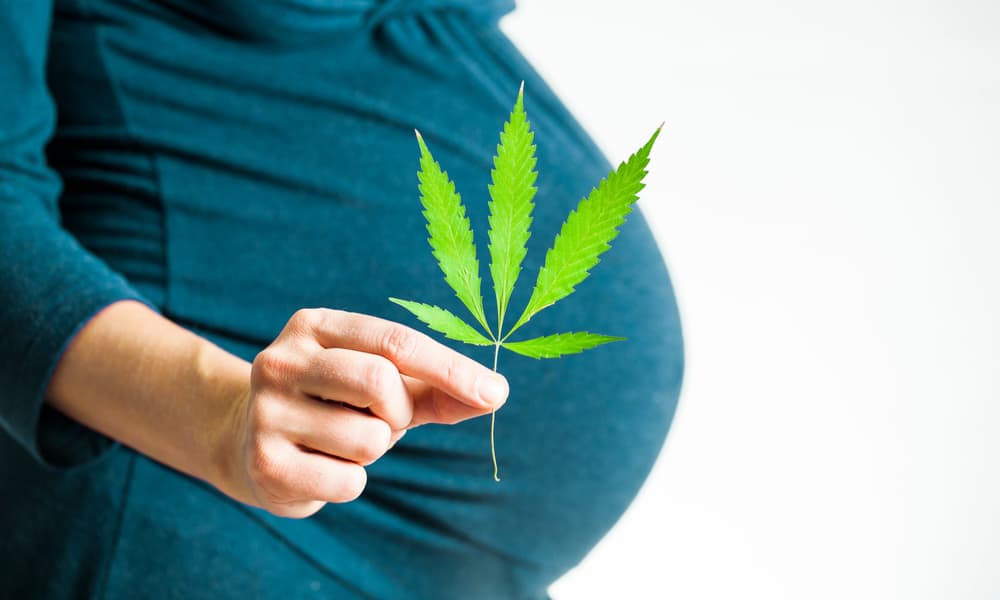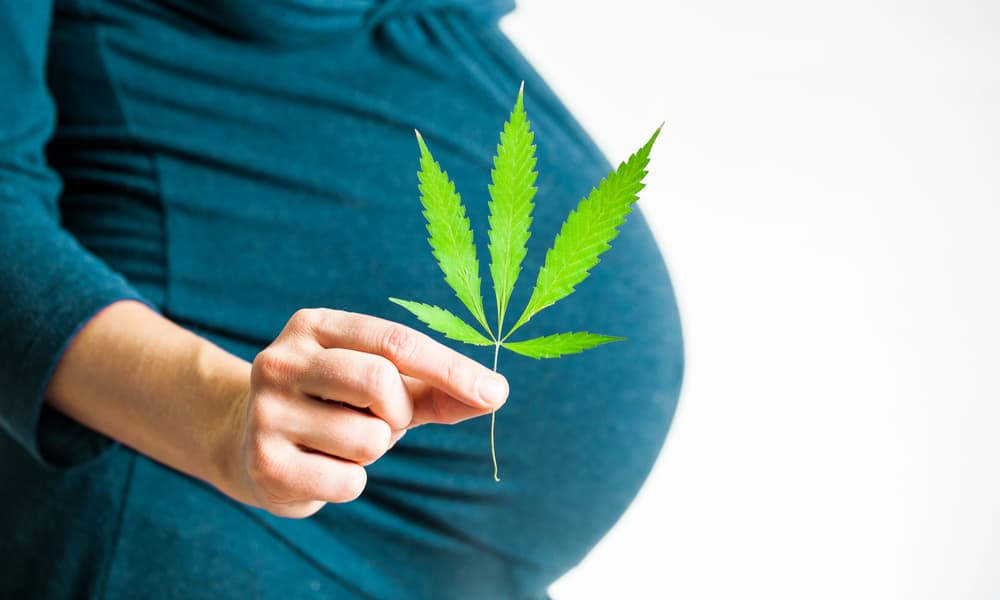
Researchers at the University of Washington want to know how moms who consume cannabis during pregnancy impact infants’ brain development. Cannabis is legal for adults 21 and over in Washington. But marijuana, along with alcohol and tobacco, is a substance pregnant people are told to avoid. Yet UW researchers say there’s little data to support the public and health community’s admonition against consuming cannabis while pregnant. Researchers at UW want to address that gap by studying the brain development of infants whose mothers consumed cannabis during pregnancy.
“Moms & Marijuana” Study Looks at Effects of Prenatal Cannabis Use on Infant Brain Development
The University of Washington’s “Moms & Marijuana” study will investigate the possible effects of prenatal cannabis exposure on infants’ cognitive and motor development, their health and their social behavior. And it will be the first-ever study to do so.
There are very few studies that have looked at how prenatal cannabis exposure impacts infant brain development. Past studies that have looked into prenatal drug exposure always involved women who were polysubstance drug users. In other words, moms who consumed multiple drugs during pregnancy. UW researchers’ “Moms & Marijuana” study will be the first to look at moms who only consume cannabis.
“No one has looked at marijuana use exclusively,” said UW radiologist and co-author of the study Dr. Natalia Kleinhans.
The study will track participants cannabis use from the first trimester of pregnancy through birth. Then, when infants reach six months old, researchers will conduct a brain scan to identify any effects of cannabis exposure.
Throughout their pregnancy, participants will report their weekly cannabis consumption. They can only obtain cannabis from licensed sellers and must send photos of product packaging so researches can record THC and CBD quantities. Researchers are particularly keen to learn how CBD’s therapeutic properties help reduce pregnancy symptoms like pain and nausea.
Could Cannabis Be a Safer Way to Control Morning Sickness?
Many people have found cannabis to be an effective remedy for nausea, and research is beginning to support their experiences. Among cancer patients, for example, cannabis can help reduce the debilitating symptoms of chemotherapy and radiation, including vomiting, nausea, and pain.
Similarly, researchers want to gather data about how cannabis could help pregnant people manage their symptoms, like the nausea and vomiting associated with “morning sickness.”
“This study is targeting a very specific population of women who are using marijuana to manage their symptoms while they’re pregnant,” said Dr. Kleinhans.
Dr. Kleinhans said that most of the medications doctors currently prescribe for women have not undergone rigorous tests or studies. Furthermore, those medicines have significant side effects that cannabis does not have. Dr. Kleinhans cited a particularly extreme historical example, the case of Thalidomide. Between 1957 and 1962, doctors prescribed the drug to pregnant women, leading to hundreds of thousands of miscarriages, stillborns, and babies with disabilities.
Even today, pregnant women have very little drug-safety information available to help them decide whether or not to take a pharmaceutical during pregnancy. “But it’s marijuana that has the negative connotation,” Kleinhans said.
Does Cannabis Exposure Impact Infant Development?
UW researchers want to recruit 70 women to participate in the study. Half will serve as a control group that cannot consume cannabis. The other half will record their cannabis consumption.
At six months old, researchers will then study infants born from both groups. Specifically, researchers will scan infants’ brains when they’re sleeping using an MRI. During the scan, infants will be exposed to the smell of phenyl-ethanol. “Smell is one of the earliest developing senses, and it activates brain regions that have cannabinoid receptors and are involved in reward and addiction,” said Dr. Kleinhans.
The scans will clue researchers into whether or not the integrity of the reward system in the brain is impacted by prenatal cannabis exposure. Researchers will also compare other data about motor and cognitive development, social behavior, and overall health. Finally, researchers will compare all the data from both groups, looking for differences between babies from the control group and those from the cannabis exposure group.
Anyone interested in participating in the study should contact UW researchers at the link above or contact the Kleinhans Lab at klab@uw.edu, +1 206-616-0607.











